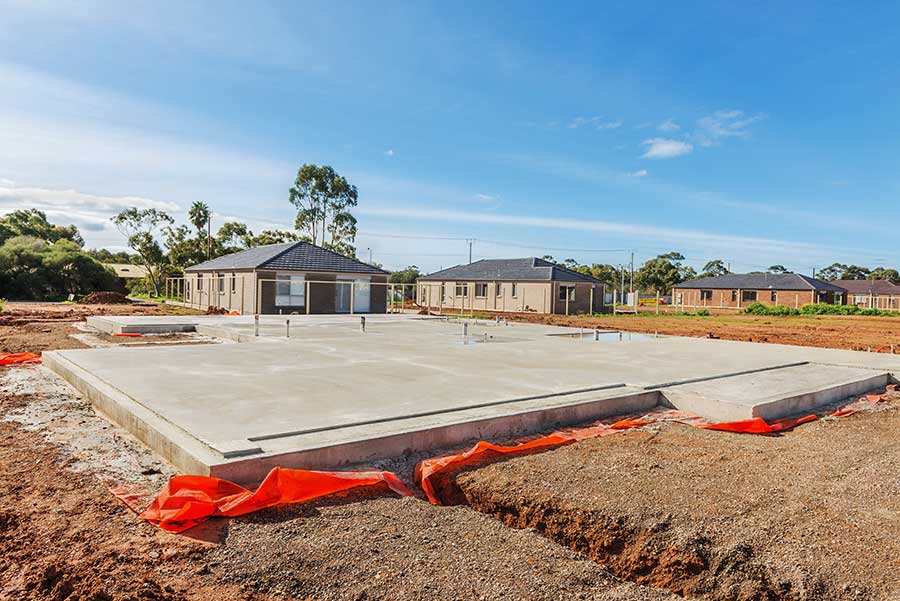
Foundation Basics: What You Need to Know
Foundations are used in many illustrations in order to highlight how essential a given thing is to the steps that follow. This is because foundations are the base for everything to be built upon, both physically and figuratively. A construct cannot stand properly if a foundation is not laid properly.
But why specifically are foundations so vital? And what contributes to a foundation failing? The experts at Park Range Construction are here to help answer those questions. We are your experts when it comes to foundational health and support systems.
What is a Foundation?
A foundation can be built with many different materials, but in the United States concrete is most commonly used. Foundations that have lasted centuries have been skillfully constructed using a similar combination of materials like brick, stone, and mortar.
Foundations are designed to do more than just hold walls up. They also contribute to insulating against the cold, keeping moisture away, and resisting movements made by the earth below it.
What Makes a Foundation Last?
Without a good foundation, your home or business will inevitably sink. This will disrupt and damage your walls, roof, and more. For good reason, making sure the building you are buying has a good foundation is vitally important.
In order for a foundation to be laid well, the builder must not take any shortcuts time or budget-wise. A strong foundation needs footings made of poured concrete and steel-reinforced walls.
Builders must not rush the curing process. For a foundation to be at full strength, it needs around four weeks of slow curing time.
Another thing that affects a foundation’s integrity is the quality of soil surrounding it. Nonporous soil containing clay and other organic matter will hold onto water and therefore expand and freeze inthe right temperatures. Such fluctuations can lead to cracks in your foundation.
One final nail in the coffin for your foundation could be interrupted pouring. If the concrete is not poured into the molds in one continuous action, it will create inconsistent drying times which will ultimately lead to cracks and leaks as well.
When put under pressure, some builders may not take the same amount of care in their constructions as they should. If you are seeing cracks in your walls or pavement, whether it was due to shoddy workmanship or natural influences, Park Range Construction can assist you. Reach out to us today and we can get you on your way to a better foundation.
Published on 11-26-2019